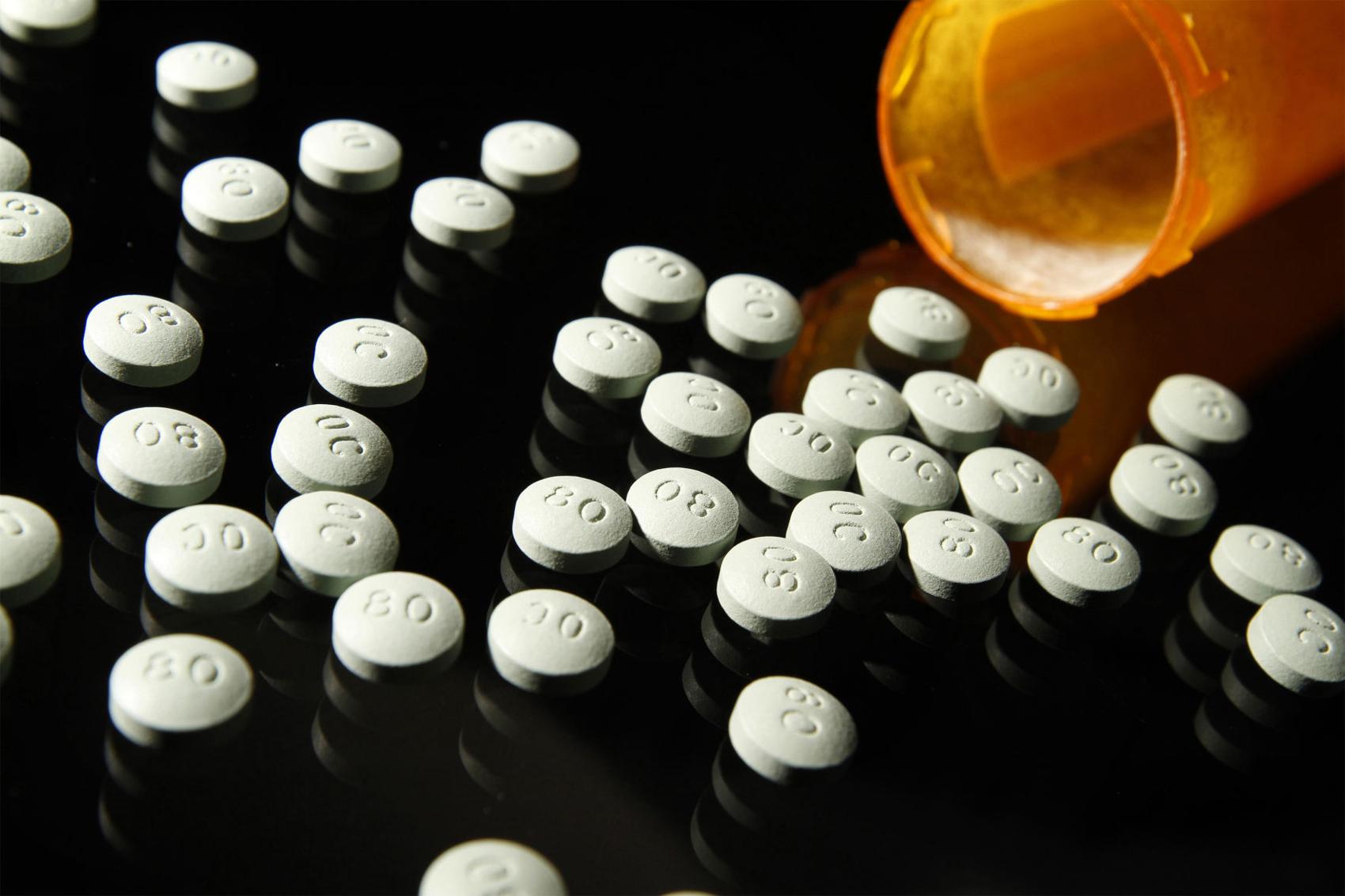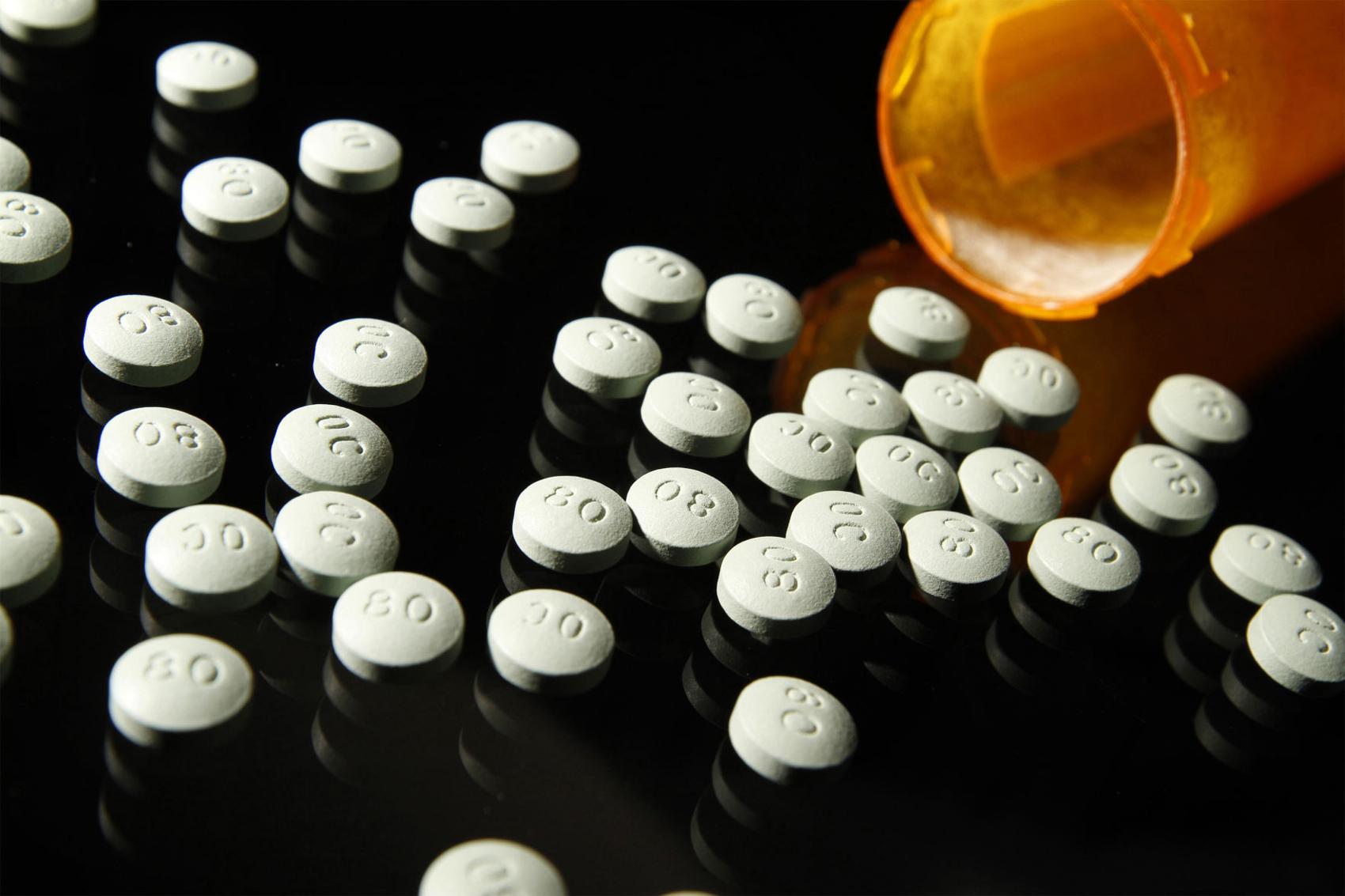East Baton Rouge had the highest number on record of overdose deaths in 2019


Overdose deaths in East Baton Rouge Parish in 2019 hit the highest number recorded, a worrying pattern that has galvanized officials as they search for ways to respond to the opioid epidemic ravaging the state.
Drug overdose death numbers in the parish show a steady uptick since 2012, increasing nearly fivefold in the span of eight years. An official count from the East Baton Rouge Parish Coroner's Office shows 127 people died of overdoses in the parish in 2019, with the majority being opioid-related. These numbers are compared with 28 overdose deaths in 2012.
Even as overdose deaths have continued to drop nationwide, Louisiana has maintained a high rate of opioid-involved deaths that continues to increase.
Numbers provided by East Baton Rouge Parish Emergency Medical Services show paramedics responded to 1,845 overdose calls in 2019 alone.
As officials work to understand these deaths and how to prevent them, advocates, medical professionals and counselors focus on educating the public about addiction as a disease in an effort to humanize the people fighting for their lives.
An indiscriminate impact
A confluence of events allowed the opioid crisis to spiral out of control, but medical experts tend to agree the epidemic was spurred by doctors overprescribing potent pain medication in the late 1990s and the early 2000s.
East Baton Rouge Parish Coroner Dr. Beau Clark noted that as medical providers came to learn that powerful opiates can lead to addiction and death, they began a crackdown on the very prescriptions patients had come to rely on. Patients, in turn, were forced to search for illegal means to address their addiction, seeking out unregulated opiates like heroin. Illicitly manufactured, synthetic opioids, like fentanyl, have also spiked in the last five years.
Although Clark said heroin overdose deaths in the parish have stabilized, deaths where lab tests show heroin and fentanyl were mixed together have continued to increase. Clark characterizes this rise in combined-opiate deaths as a major trend of 2019.
"It's a compounding effect," Clark said. "You take one deadly drug and another deadly drug — that's pretty bad."
Clark added that it's unclear why some dealers cut heroin with fentanyl, though he has two theories. The first is that some dealers don't know what they're getting when they purchase different drugs, largely because different types of white powder are not easily distinguishable.
His other suspicion is that dealers cut heroin with fentanyl to "supercharge" the heroin.
"The more opioids you use, the more powerful opioids you need to get the same response," Clark said. "They call it 'chasing the dragon.'"
Other trend breakdowns show people who died from overdoses are more likely to be male and white, he said. Location, however, is harder to analyze.
While data provided by the District Attorney's Office shows many of the overdoses take place at hotels and motels, known to be major trafficking hubs for everything from narcotics to prostitution, the reality is that opioid overdoses are scattered across the parish, indiscriminate in their impact on different communities.
Janzlean Laughinghouse, clinical director for addiction recovery services at Capital Area Human Services, has worked in addiction services since 1998. She has seen her share of patients struggling with substance use disorders, from computer programmers, to nurses, to social workers.
"This is the great equalizer," she said.
'These aren’t bad people. They’re sick people.'
Laughinghouse describes people who suffer from opioid addiction as having their brains "hijacked."
Addiction is a brain disease, she said, and when people are addicted to a substance, the part of the brain responsible for reasoning and higher-order thinking is suppressed.
"Addiction has now risen to the level of importance of things that are life-saving, life-giving," she said. "Breathing, eating, procreating, connection to other human beings — addiction now lives in that part of my brain."
At some point, she said, people begin to use substances against their will.
But quitting opioids is not as simple as straight detoxification, even when someone musters the willpower to accept their disease. When those addicted to opioids begin withdrawal, "everything that makes you feel good will happen in reverse," Clark said. He said the commonly used phrase "quit cold turkey" comes from the chills opioid-addicted people experience during detoxification, which gives them goosebumps reminiscent of a supermarket turkey.
“Detoxing from opioids is terribly miserable," Clark said. "But it will not kill you."
Evidence shows people with opioid addiction who attempt this "complete abstinence" method are likely to relapse, craving the drug to alleviate their suffering.
"If the withdrawal is too intense, there’s a good chance you’re going to say, 'To heck with this, I’m going to go use opioids,'" Clark said.
This can be dangerous. The two most common types of overdoses Clark sees are the naive user unaware of heroin or fentanyl's potency and the chronic user, who has recently detoxed or gone through rehabilitation. Even though the experienced user has familiarity with the drug, their tolerance is lower after withdrawal, and the dosage they take kills them.
To address this risk, some medical experts and addiction counselors have underscored the value of treating people suffering from opioid addiction with medications that suppress cravings and enable people to recover without the potential backsliding brought on by straight detox.
This medication-assisted treatment model involves treating addicted people with drugs like methadone and buprenorphine, which ease the discomfort of detox without producing the high of powerful opioids like heroin.
Along with individual and group behavioral therapy, Laughinghouse said, medications can help people function again.
"Addiction is a biological, psychological, social and spiritual disease," Laughinghouse said. "If you’re just dealing with the biology, other things are unmet."
While medication-assisted treatment is not without its critics, who view this method as replacing one addiction with another, it has become more widely accepted as a treatment option for those struggling with opioid addiction in Louisiana and elsewhere.
Patients may remain on methadone for years, Laughinghouse said, but "they have a life to live, and that life has some quality to it, as opposed to living in the hell of addiction."
Identifying the risks
When East Baton Rouge Parish District Attorney Hillar Moore III examined the information from this year's overdose deaths, he looked for ways to head off the problem.
"It’s really about identifying those that are most likely to overdose," Moore said. "Can we get to them sooner?"
Within the last year, his office has begun to pull together data to do just that. Moore’s office received a grant from the Department of Justice to combat the opioid crisis and related violence, an opportunity to address the problem as the numbers continue to rise.
Jonathon Daily, project manager for the opioid grant, said they see the grant as an innovative way to prosecute drug dealers and connect them with overdose deaths.
“Where we're at today though, I think it's more of a way for us to get help to people and connect those resources that are out there,” Daily said.
Moore's team has partnered with researchers at LSU to work with their crime strategies unit, developing a data hub. Agencies include the Drug Enforcement Administration, sheriff's office, police, prescription monitoring board, EMS and probation and parole. They enter various data sources that help researchers identify patterns across the drug landscape.
"Is there a connection between maybe unknown drug dealers and evidence, or maybe an unknown group and an overdose?" Daily said. "Is there a correlation between overdose victims and their known associates?"
The goal, said Clark, is to focus on the drug dealers.
"They're in the business to make money," Clark said. "They want to sell a product that's in high demand, which it is. They have a customer base that will do anything to get the product."
Hope
In addition to health officials collaborating with law enforcement, community partners at the local and state levels are raising awareness about the problem and searching for solutions.
In 2019, Gov. John Bel Edwards released Louisiana’s Opioid Response Plan, detailing the statewide problem and outlining steps to prevent future overdose deaths.
"The numbers of fatal and non-fatal overdoses are staggering in Louisiana,” Edwards said in the response plan introduction.
In 2016, the Legislature established the Louisiana Commission on Preventing Opioid Abuse and in 2017 created the Advisory Council on Heroin and Opioid Prevention and Education — HOPE for short.
As for East Baton Rouge, community leaders formed the Opioid Stewardship Task Force. Capital Area Human Services also released a communitywide response plan in 2018.
Law enforcement also stepped up efforts in overdose response. The East Baton Rouge Parish Sheriff’s Office uniform deputies, as well as other first-responder divisions, carry and are trained to administer Narcan — a life-saving opioid antagonist — on overdose patients.
Laughinghouse, for her part, has her share of heartbreaking stories. But she also marks the successes, and fights for the patients struggling to get their lives back.
"By virtue of the fact that it’s a disease, that’s where you find compassion," she said. "It steals some of our brightest and most beautiful people. That’s what drives me: the hate of the disease and how it absolutely destroys lives."
 Pathways Drug Rehabilitation Luxury Addiction Treatment & Detox Center
Pathways Drug Rehabilitation Luxury Addiction Treatment & Detox Center


